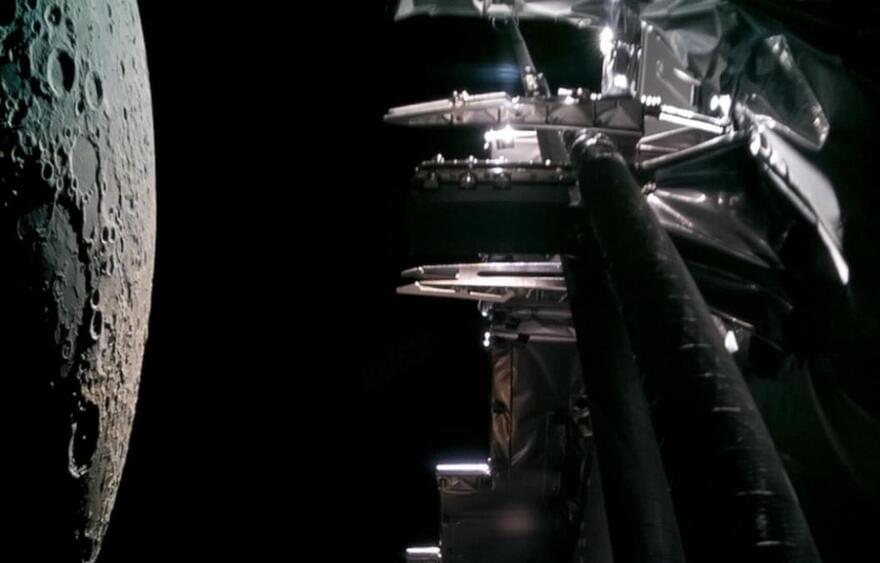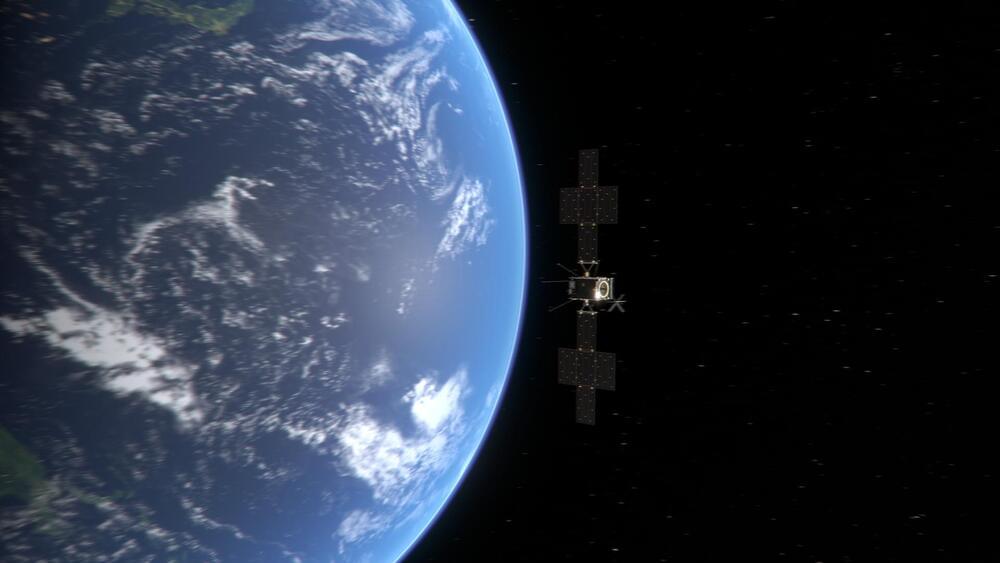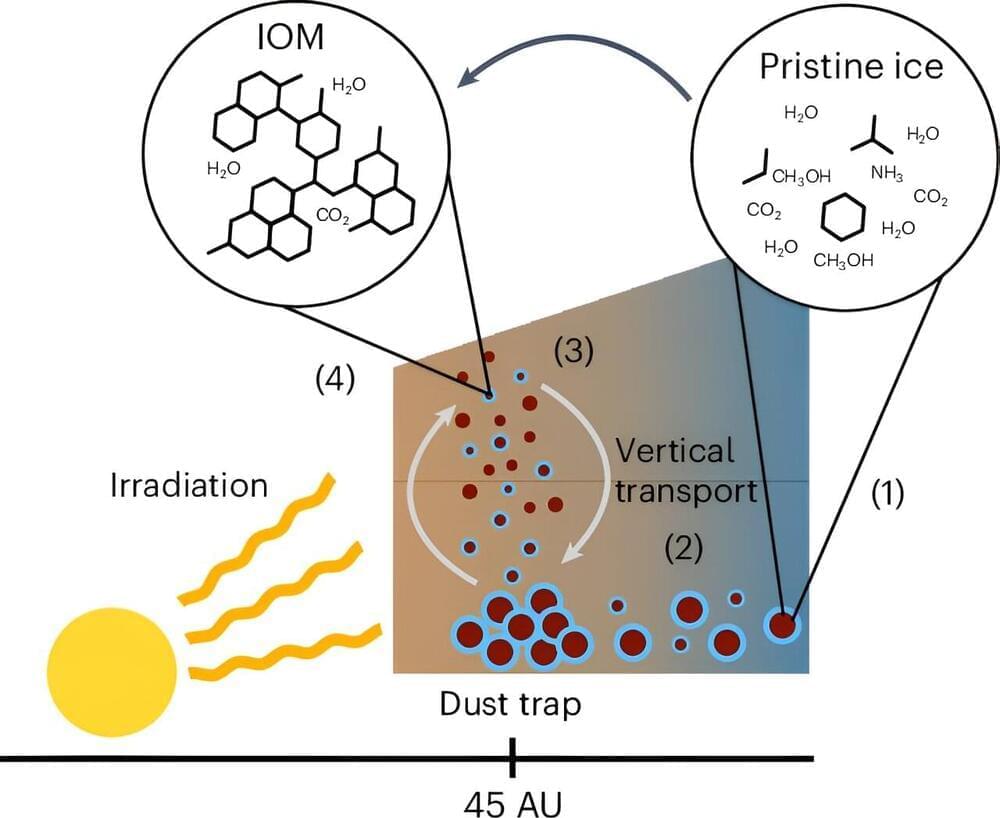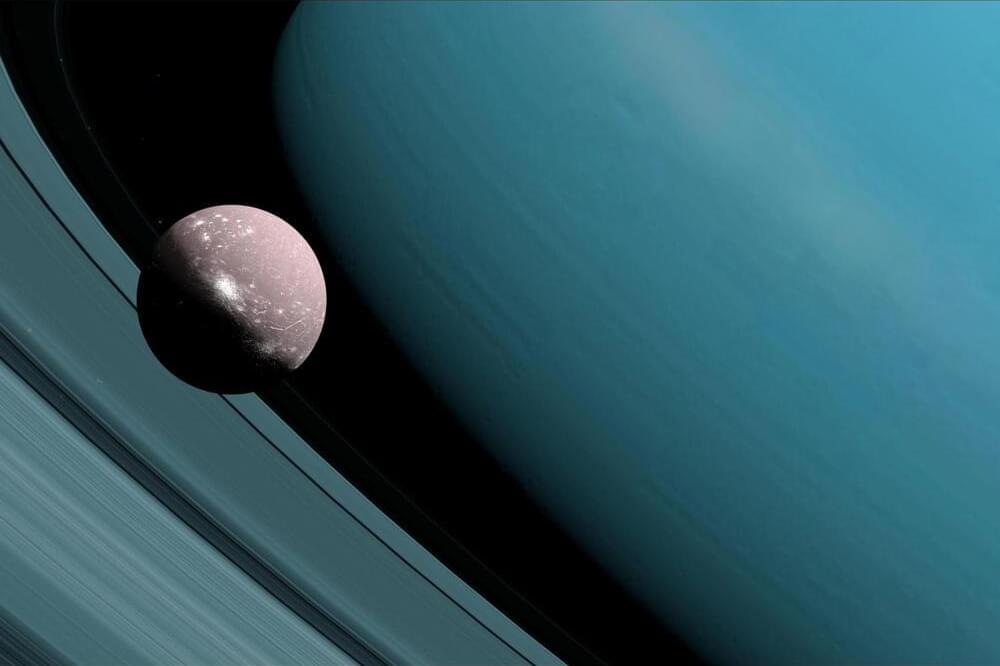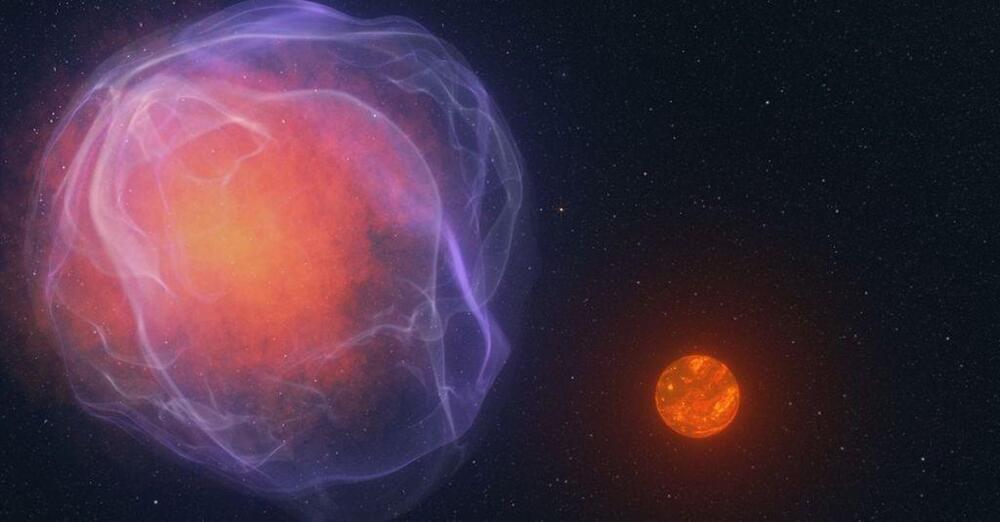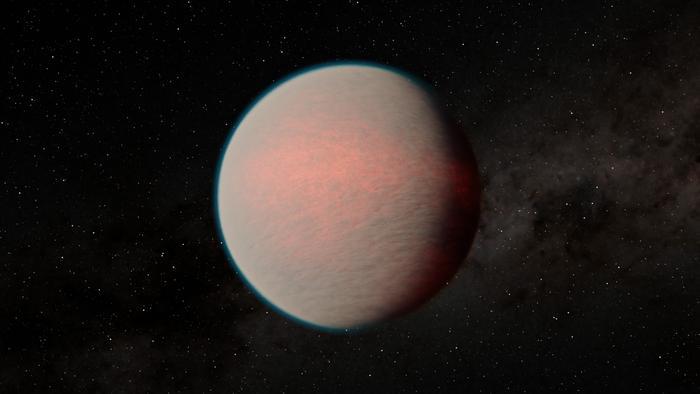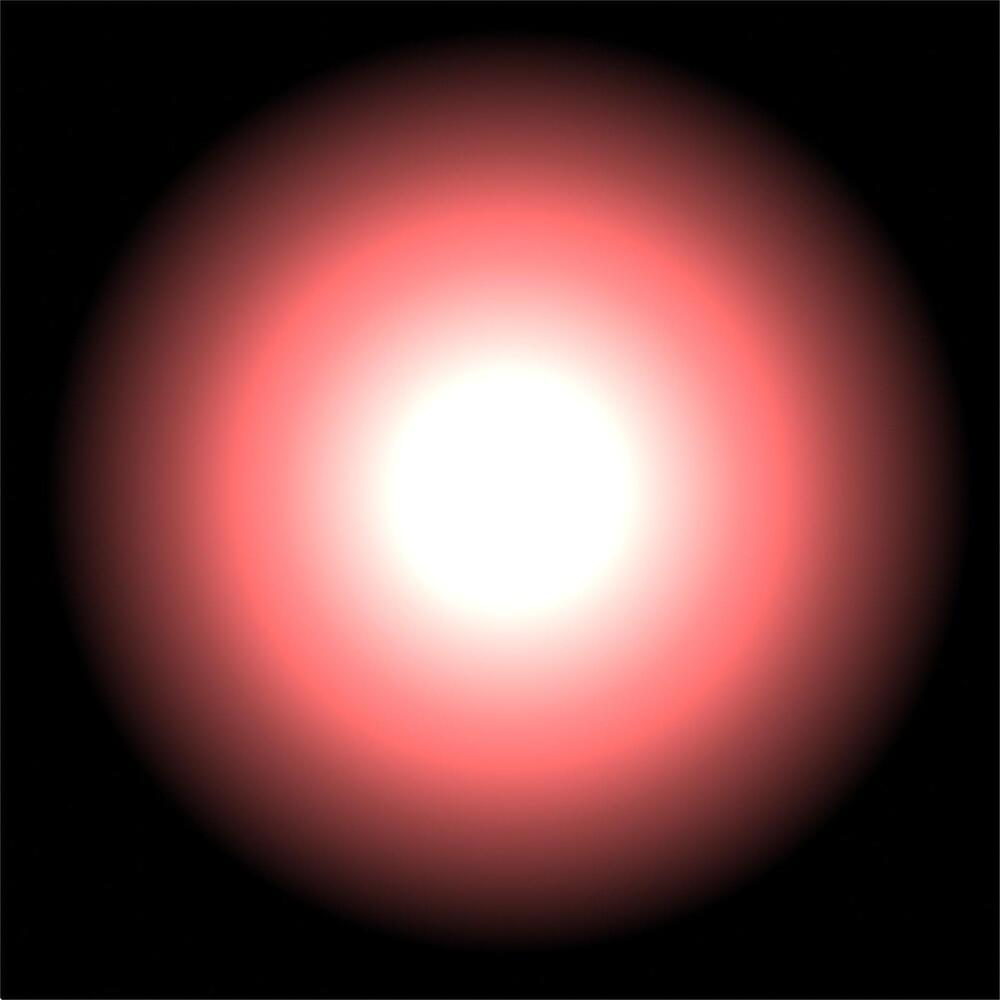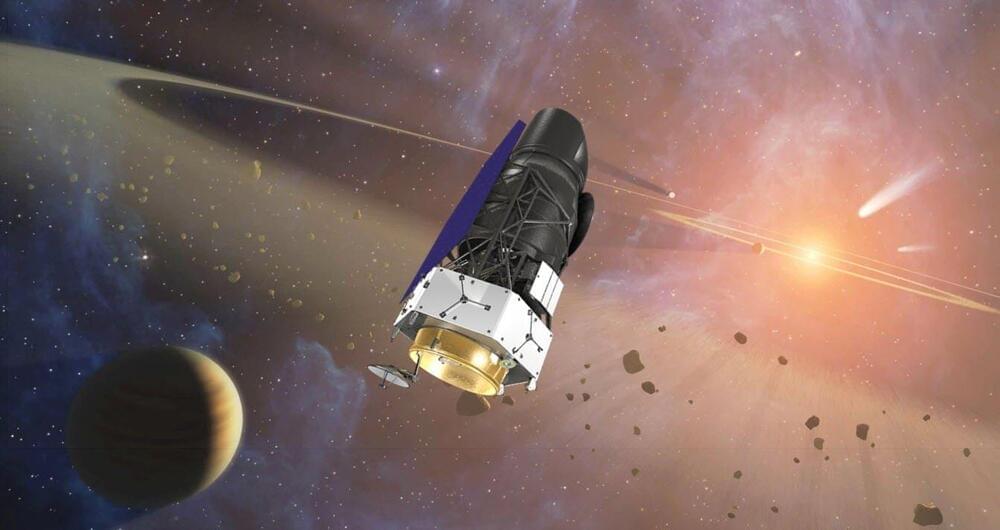
Dr. Scott England: “As the aurora intensifies, you see more lights, but along with that, there’s more energy entering the atmosphere, so it makes the atmosphere near the poles very hot, which starts to push air away from the poles and towards the equator.”
How do powerful geomagnetic storms from the Sun influence the Earth’s atmosphere? This is what two separate studies (Karan et al. (2024) and Evans et al. (2024)) published in Geophysical Research Letters hopes to address as a team of researchers investigated how the geomagnetic storm that occurred between May 10–12, 2024—resulting in worldwide aurorae—impacted the Earth’s thermosphere, which is the Earth’s upper atmosphere extending approximately 70 miles to 130 miles above the Earth’s surface. This study holds the potential to help researchers better understand the short-and long-term effects of geomagnetic storms on the Earth’s atmosphere and how this could influence activities on the surface.
“The northern lights are caused by energetic, charged particles hitting our upper atmosphere, which are impacted by numerous factors in space, including the sun,” said Dr. Scott England, who is an associate professor in the Kevin T. Crofton Department of Aerospace and Ocean Engineering at Virginia Tech and a co-author on both studies. “During solar geomagnetic storms, there’s a lot more of these energetic charged particles in the space around Earth, so we see a brightening of the northern lights and the region over which you can see them spreads out to include places like the lower 48 states that usually don’t see this display.”
Continue reading “Geomagnetic Storm Brings Northern Lights to Unlikely Locations and Disrupts GPS” »
